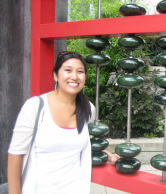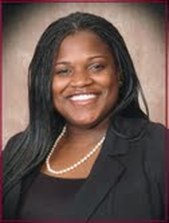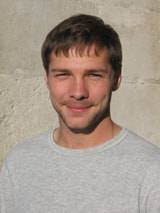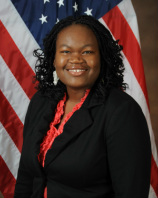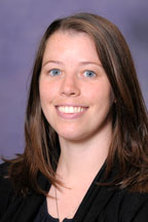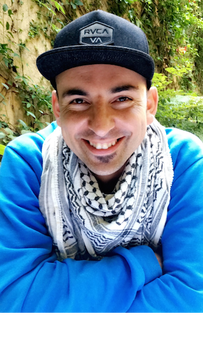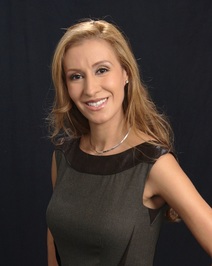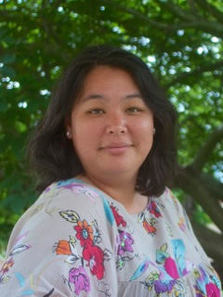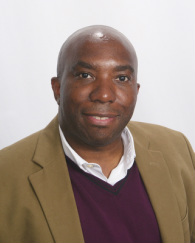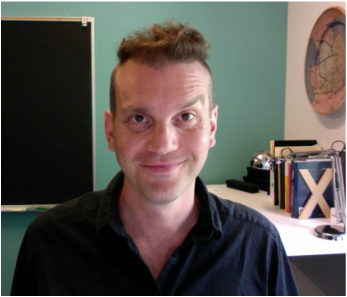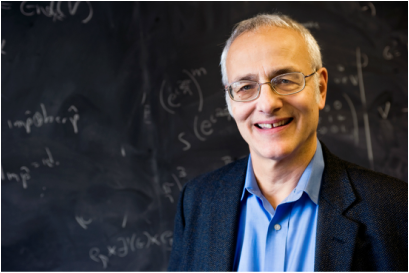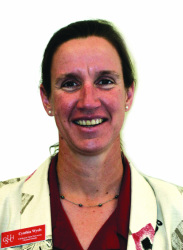USTARS Advisory Board
The USTARS Advisory Board is comprised of senior mathematicians who have demonstrated impacts in addressing issues of underrepresentation in mathematics. Through their mentorship, USTARS will develop further reaching programs to help equip underrepresented students with the needed skills to find academic positions and continue the cycle of research and collaboration, therefore reaching new stages in their professional career.
Founding organizers
Below are the original organizers for USTARS. The strength of USTARS today stands entirely upon their shoulders. They have created and formed a community and family over the last 10 years that have touched so many of us. They inspired us to change our situations and impact our environments for underrepresented people by showing us how and it could be done. So, it is with much love we thank the original organizers for everything that they have done, created, and what we’re sure they’ll do to help shape the future for us in their future endeavors.
Jeannine Abiva |
Dr. Jeannine Abiva graduated from The University of Iowa with a Ph.D in Applied Mathematics in 2013. She graduated from Loyola Marymount University with a B.S. in Applied Mathematics in 2006 and earned a Master's in Mathematics from The University of Iowa in 2008. Currently, she is working in California as a Director of Advanced Mathematics and Algorithm Development. Her research interests include machine learning, computational geometry, parallel programming, and various applications in math involving computer graphics and computational neuroscience.
|
Syvillia Averett |
Dr. Syvillia Averett, an Ohio native, graduated from The Ohio State University with a bachelor’s degree in Mathematics in 2006 and earned both a Master’s and Ph.D. in Mathematics from the University of Iowa in 2008 and 2012 respectively. She is currently an Assistant Professor of Mathematics at the College of Coastal Georgia.
Although her main area of research is representation theory, Dr. Averett also has a passion for mathematics education, mentoring, and increasing the participation of underrepresented groups in STEM. Syvillia is currently a mentor in the National Alliance for Doctoral Studies in the Mathematical Sciences and an active member of the Dayton Regional STEM School board. Dr. Averett is a founding member of USTARS. |
Candice Price |
Dr. Candice Price is an Assistant Professor of Mathematics at the University of San Diego. She graduated with a BA in Mathematics from California State University, Chico State in 2003, and graduated with a MA in Mathematics from San Francisco State University in 2007. In 2012, she earned her Ph.D. in Mathematics from The University of Iowa. Her primary area of research is DNA Topology, but she has many other interests that include Knot Theory, Mathematics Education and Mathematical Biology. She is a founding member of USTARS.
|
Shannon Talbott |
Dr. Shannon Talbott is a faculty member in the Department of Mathematics and Computer Science at Moravian College in Bethlehem, PA. She received her Ph.D. from The University of Iowa in 2012, and her research interests include representation theory of finite groups and finite dimensional algebras and dimension theory of partially ordered sets. She is a longstanding member of SACNAS (Society for the Advancement of Chicanos and Native Americans in Science).
|
Original advisory board
The original advisory board gave tutelage, wisdom, and advice to the founding organizers that is irreplaceable. What they did for USTARS was very important to its success and sustainability even to this day. We’d like to thank them for their efforts and the work they continue to do.
Prof. Federico Ardila
|
"Axiom 1. Mathematical talent is distributed equally among different groups, irrespective of geographic, demographic, and economic boundaries.
Axiom 2. Everyone can have joyful, meaningful, and empowering mathematical experiences. Axiom 3. Mathematics is a powerful, malleable tool that can be shaped and used differently by various communities to serve their needs. Axiom 4. Every student deserves to be treated with dignity and respect. These statements should not sound revolutionary; but considering the current practices of the mathematical society, they are a pressing call to action." -Dr. Federico Ardila |
Prof. Erika Camacho
|
"Promoting diversity is a must if we are to have a strong and sustainable workforce. In order to achieve this we must work endlessly mentoring every individual that crosses our path and that needs our advice and help. We must also join our efforts with others who share our social activism, passion, commitment to diversity as it takes the work of many to bring about Mentors must be bold, passionate, and ready to make many sacrifices if they are to truly promote diversity."
- Dr. Erika Camacho |
Prof. Rebecca Garcia
|
"Great mathematics can come from anyone anywhere, but few have true access to the resources, mentors and the opportunities to produce it. On the mathematical track, the have-nots run the race as a major underdog: chained to a long history of academic oppression, economic hardships, social pressures and self-doubt. To overcome the scientific challenges we face now, it is no longer sensible to place our bets on the few, but to invest time and energy into the greater number of the have-nots, a large percentage of whom are women and visible minorities. To do so successfully, not only should mentors help in building up their foundational knowledge, but they need to be a part of forming a lasting community of mentors willing to help them find ways to deal with their additional struggles appropriately, such as getting involved in undergraduate research, participating in programs like the MSRI UP and PURE Math or attending special conferences like USTARS, Infinite Possibilities, NCUWM and Field of Dreams."
- Dr. Rebecca Garcia |
Prof. Edray Goins
|
Edray Herber Goins grew up in South Los Angeles, California. A product of the Los Angeles Unified (LAUSD) public school system, Dr. Goins attended the California Institute of Technology, where he majored in mathematics and physics, and earned his doctorate in mathematics from Stanford University. Dr. Goins is currently an Associate Professor of Mathematics at Purdue University in West Lafayette, Indiana. He works in the field of number theory, as it pertains to the intersection of representation theory and algebraic geometry.
|
Prof. Dagan Karp
|
"Broadening participation in mathematics is a strategic necessity for the United States from economic and national security perspectives. It is also central to the ongoing civil rights struggle; as literacy became necessary for full participation in society during the industrial revolution, mathematics literacy is necessary today. Broadening participation in mathematics requires the help of those in the academy. And the gender inequity and underrepresentation within academic mathematics is fundamentally related to the larger social issues surrounding inequalities in mathematics education. Mathematics is part of, and not separate from, the larger society. For the benefit of our own discipline, in order to be just, and for the sake of our society, it is the practical obligation and the ethical duty of mathematicians to work to broaden participation in mathematics. The time is now for research mathematics and work against oppression to rise together for the benefit of us all."
- Dr. Dagan Karp |
Prof. Phil Kutzko
|
"Our present mathematical culture, especially the culture of pure mathematics, has its roots firmly planted in Europe; specifically in the ideas and values that arose in northern Europe at the time of Descartes. In my view, the most important role of mentoring in mathematics is to bridge the gap that exists between faculty who, by one means or another, have become comfortable with this culture and students from populations that are, for one reason or another, remote or even alienated from this culture. Mentoring of this sort can only be promoted by an active community of faculty and students who come together for this reason and it is this building of community which is at the base of the success in this area of the University of Iowa Department of Mathematics and, more recently, the National Alliance for Doctoral Studies in the Mathematical Sciences."
- Dr. Phil Kutzko |
Prof. Donald Outing
|
"Sometimes it is very difficult to know how to help a student as the barriers to success for underrepresented students are not always obvious. Those barriers can be real or perceived obstacles that prevent a student from reaching their full potential. It is important for students to have access to mentors that can not only listen to their problems but can also empathize with them. The right mentor can help develop a student's personal and professional competencies, remove institutional barriers, and provide access to formal and informal networks."
- Dr. Donald Outing |
Prof. Cynthia J. Wyels
|
"There is a wealth of largely untapped talent residing in populations who have experienced structural and social barriers to pursuing higher education; it behooves our entire society to ensure that all have every opportunity to achieve their potential. Students from groups underrepresented in the mathematical sciences may benefit greatly from working with a mentor but are too often the least likely to be sought out or to approach a potential mentor. For these reasons, programs such as USTARS and other ongoing individual and group efforts remain critical and should, whenever possible, be extended."
- Dr. Cynthia Wyels |
